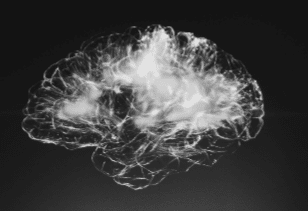
Table of Contents
Your brain is the most complex organ in your body. You need it to breathe, to enjoy a meal, read a book, exercise, and enjoy daily activities. Your brain helps you interpret and respond to your environment. It also shapes your emotions and behaviors. The effects of addiction on your brain can change a lot of these.
The brain consists of billions of cells called neurons. These neurons act like switches, controlling the flow of information. When a neuron receives signals from other neurons, it causes it to “fire.”
Different parts of the brain have diverse functions. It is, however, important that these regions work together. Brain cells release chemicals that help with transmitting signals. Drugs can affect this process in the brain.
The word “addiction” comes from a Latin term meaning “enslaved by” or “bound to.” Considering the struggles people have with addiction, this is easy to comprehend. Nobody starts out planning to develop an addiction. Many people, however, get caught up in this web. Untangling can be very difficult, unfortunately.
You may have heard about how drugs “fry up” the brain. Even though this is not precisely the case, drugs have adverse effects on the brain.
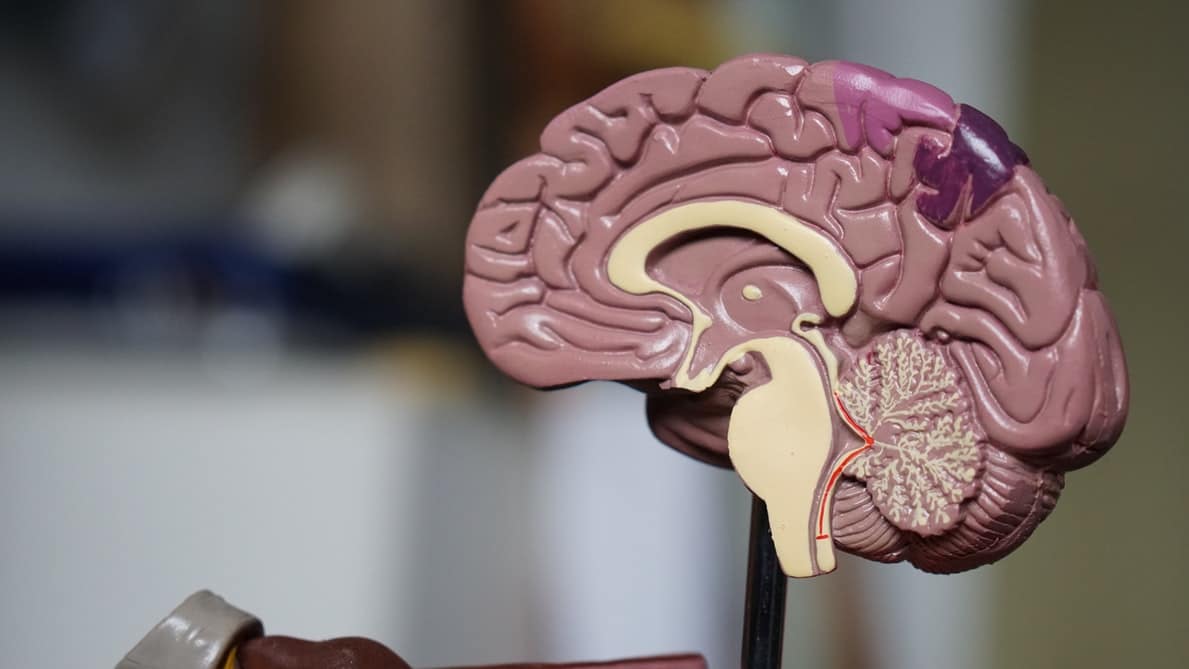 When you abuse illicit drugs, quite a few things happen in your brain. These drugs interfere with the way brain cells send, receive, and process signals. The brain chemicals (neurotransmitters) are also affected.
When you abuse illicit drugs, quite a few things happen in your brain. These drugs interfere with the way brain cells send, receive, and process signals. The brain chemicals (neurotransmitters) are also affected.
Some drugs can activate brain cells. Some examples of such drugs are heroin and marijuana. They can do this because their chemical structure is similar to some of the natural brain chemicals.
Even though these drugs act like the brain’s chemicals, there are differences. They do not cause activation like natural brain chemicals. Instead, they lead to abnormal messages in the brain.
Some other drugs have different effects on the brain. What do stimulants like cocaine and amphetamines do? These cause the release of abnormally large amounts of brain chemicals like dopamine. In some cases, they interfere with other transportation systems within the brain. These processes cause abnormal brain messages. Thus, addiction can affect your brain in many different ways.
So, what parts of the brain are affected when you use drugs?
As we know, the brain is a vital organ. In a nutshell, YOUR BRAIN IS YOU! – everything you think and feel, and who you are.
Drugs can change essential brain areas that affect specific functions. Such changes can lead to the compulsive use of drugs, thus feeding the addiction. Drugs commonly affect the following brain areas: the prefrontal cortex, the basal ganglia, the extended amygdala, and the brainstem.
This part of your brain is responsible for your ability to think, make decisions, solve problems, and plan. It also helps you control your feelings over impulses. When this part of the brain is affected by drugs, it can cause an unhealthy balance. One of such is compulsive drug-seeking. Additionally, you may have decreased impulse control. These are some of the ways addiction affects your brain.
This region of your brain helps with positive motivation, forming habits, and routines. It also affects the pleasurable effects of healthy activities such as socializing, eating, and sex. This part of your brain is also known as the “reward center.” When you take drugs, they overstimulate this region. This activation causes the drug “high.” With repeated exposure, however, this circuit adapts to the drug. As a result, sensitivity decreases. Thus, it becomes hard to feel pleasure from anything other than the drug.
This part of your brain deals with stressful feelings that occur with the drug withdrawals. Examples are irritability, anxiety, and restlessness. It motivates you to continue to seek the drug. The more you use, the more sensitive this region becomes. Eventually, you get to a point where you no longer use to get high. Instead, you continue to use to avoid the withdrawal symptoms.
This region of your brain is not a site of action for a lot of drugs. Opioids, however, affect your brainstem. This region controls processes like breathing, sleeping, and heart rate. Because of this, overdosing on opioids can depress respiration. Thus, not only does addiction affect the brain, but death can also occur.
Our brains tend to increase the odds of repeating pleasurable activities. At the center of this is the brain chemical called dopamine.
Pleasurable experiences stimulate the reward system in your brain. This trigger causes the release of dopamine, sending a signal that something important is happening. It also helps your brain remember this event. The region of the reward system at the center of this process is the nucleus accumbens.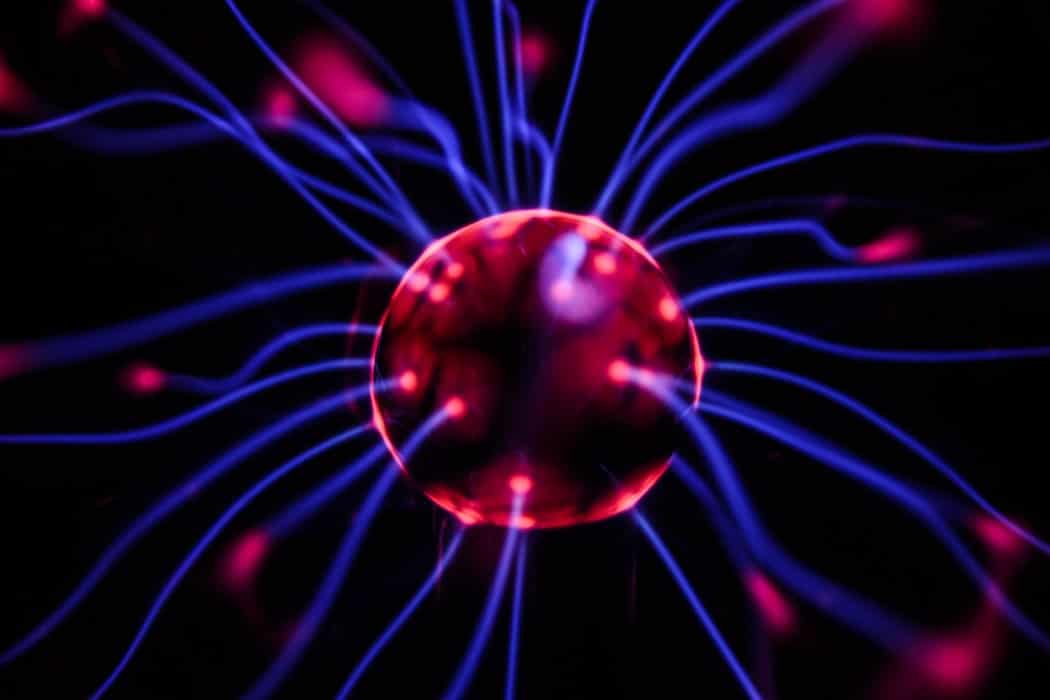
This dopamine signal leads to changes in your brain that make it more likely to repeat the activity. As a result, it leads to the formation of habits.
Drugs tend to produce massive releases of dopamine in the brain. This release strongly reinforces the connection between the drug and the resulting pleasure. Additionally, the brain ties this up with the external cues leading to drug use.
Conditioning of your brain to seek drugs occurs due to the release of large amounts of dopamine. Unfortunately, this is at the expense of other healthier activities. This process eventually leads to addiction as your brain chemistry changes.
It is this same process that leads to cravings. The prominent symptom of cravings is the overpowering desire to use the drug. This drive causes individuals to focus on acquiring the drug of choice. It also leads to a psychological want for the positive effects of the substance.
Things, places, and situations in your life that you link to drug use can cause these intense urges. Cravings can occur even if the drug is not available. That is the power of this effect on the brain.
Cravings do not indicate that there is a problem. It does not mean that you are unable to manage your desires or that you are weak. Cravings tend to come in waves – they build up, reach a peak, and then subside. There are several ways to manage your cravings.
The longer you use drugs, the more damage your brain receives. Over time, the amount of dopamine your brain makes decreases. Thus, the reward center receives smaller amounts of dopamine. This cycle leads to experiencing poor motivation and feeling low in mood. Your ability to enjoy life also decreases.
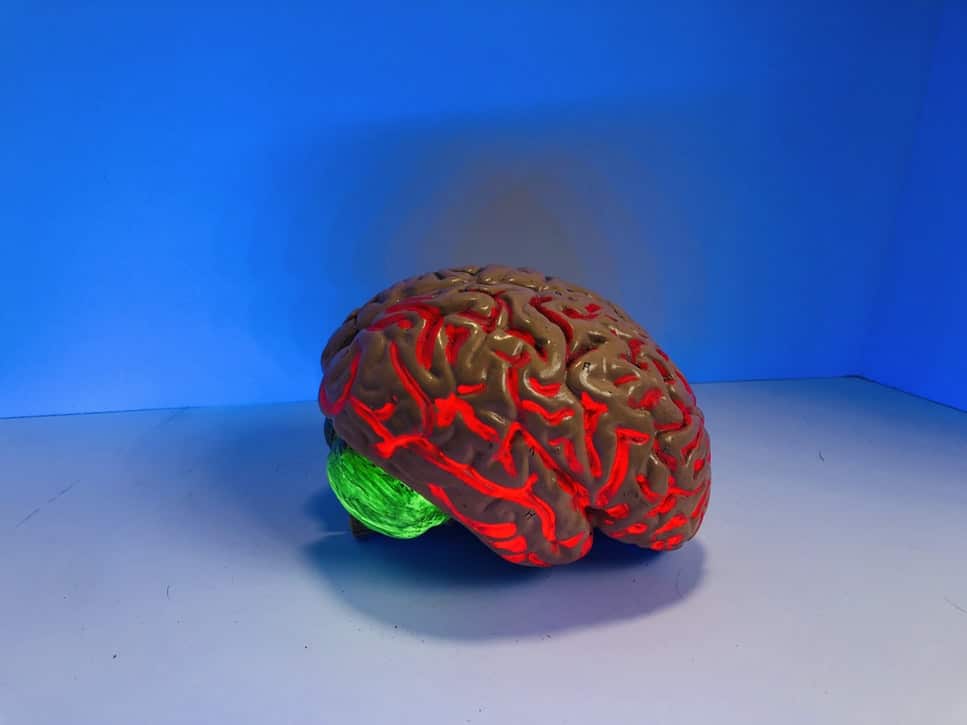 What this means is that to experience a reasonable level of pleasure, you have to continue taking the drugs. Also, you will need more significant amounts to get the same effect. This is known as tolerance. As a result, a vicious cycle occurs. Hence, your addiction worsens as your brain networks change.
What this means is that to experience a reasonable level of pleasure, you have to continue taking the drugs. Also, you will need more significant amounts to get the same effect. This is known as tolerance. As a result, a vicious cycle occurs. Hence, your addiction worsens as your brain networks change.
Illicit drugs trick your brain’s reward system. As such, they provide a shortcut by flooding the nucleus accumbens with dopamine. Furthermore, drugs can increase the amounts of brain dopamine two to ten times as much as natural rewards. They also do this faster and more reliably.
Initially, it is a case of liking the drug. Over time, it becomes a case of wanting the drug. Even though you find out that the drug no longer gives you pleasure, you need it to avoid withdrawal symptoms.
The National Institute on Drug Abuse defines addiction as a chronic, relapsing, brain disease that is characterized by compulsive drug seeking and use, despite harmful consequences. Addiction to a substance comes with craving, loss of control, and continuing use despite adverse effects.
The chronic nature of addiction means that it is long-lasting and has no cure. Relapsing infers that even after improving or getting better, the individual may suffer a setback or get worse again. Addiction is a brain disease because structural and functional changes occur in the brain due to drug use.
Addiction and brain recovery remains an exciting area of research. There is evidence that the brain can recover from the effects of drugs. Brain scans comparing healthy brains and brains of people who use drugs show this.
A study showed that the brain of a methamphetamine user had returned to nearly normal function after 14 months of abstinence. This transformation was demonstrated in brain scans. 
There is limited research on the brain’s recovery from marijuana and alcohol. However, some studies show that there is some recovery.
As much as some studies show good recovery, some other researches demonstrate contrary results. Minimal to no improvement has been shown in some studies.
There is little evidence on how to improve the brain following recovery from drugs and alcohol. Some reports, however, suggest that exercise can improve brain recovery. There are still ongoing studies in this area.
Additionally, the brain has a unique ability known as “plasticity.” This characteristic means that the brain can work around damaged areas – to an extent. Thus, the brain can still function somewhat even when some pathways are damaged. The brain can sometimes grow new channels and transfer messages along a different route. Of course, there is a limit to this, depending on the amount of damage. Furthermore, some brain cells can regenerate. Hence, the resulting damage can improve over time.
The brain consists of billions of cells called neurons. These neurons act like switches, controlling the flow of information. Drugs interfere with the way brain cells send, receive, and process signals. Such changes can lead to the compulsive use of drugs, thus feeding the addiction. Drugs can affect the following brain areas: the prefrontal cortex, the basal ganglia, the extended amygdala, and the brainstem.
The word “addiction” comes from a Latin term meaning “enslaved by” or “bound to.” The National Institute on Drug Abuse defines addiction as a chronic, relapsing, brain disease that is characterized by compulsive drug seeking and use, despite harmful consequences. Addiction to a substance comes with craving, loss of control, and continuing use despite adverse effects.
Our brains tend to increase the odds of repeating pleasurable activities. Such experiences stimulate the reward system in your brain. This trigger causes the release of dopamine, sending a signal that something important is happening.
Drugs tend to produce massive releases of dopamine in the brain. This effect strongly reinforces the connection between the drug and the resulting pleasure. It is this same process that leads to cravings. The prominent symptom of cravings is the overpowering desire to use the drug.
Addiction and brain recovery remains an exciting area of research. There is evidence that the brain can recover from the effects of drugs. This healing process is due to the unique ability of the brain – “plasticity.” There is little evidence on how to improve the brain following recovery from drugs and alcohol. Some reports, however, suggest that exercise can improve brain recovery. There are still ongoing studies in this area.
https://www.youtube.com/watch?v=eZdI6n–8ys&feature=youtu.be
Subscribe to get our latest content by email.
The entire content of AddictionBlueprint, including content on drugs and alcohol, medications, therapies, facilities, spotlights, recommendations, and other features is for informational purposes only. It is not intended to be a substitute for professional medical advice, diagnosis or treatment. This does not constitute a physician-patient relationship. Please seek the advice of your physician or other qualified health providers regarding your addiction, mental and medical issues.

May 2019
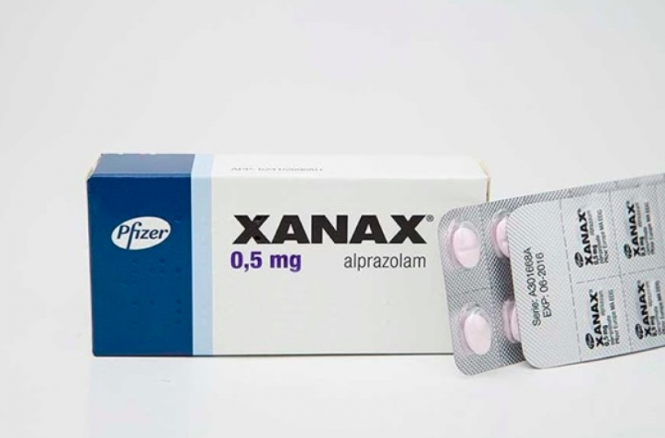
May 2019

Jun 2019
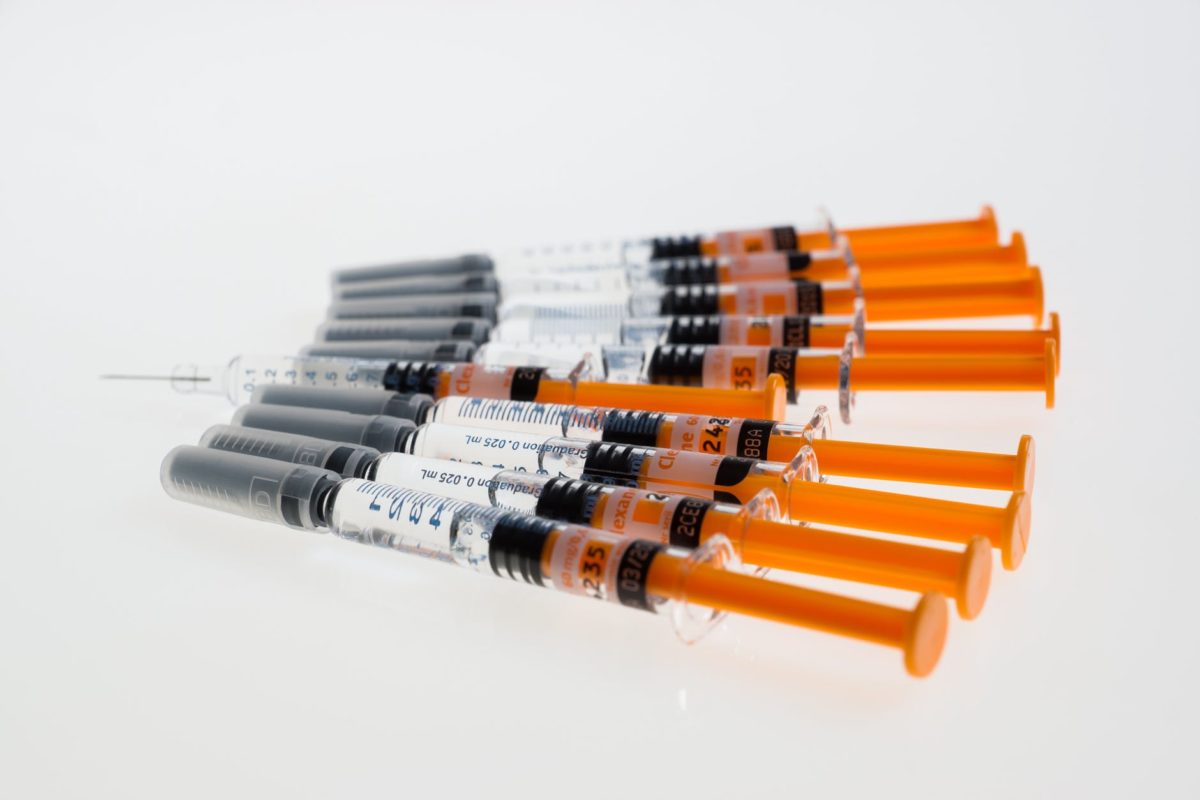
Jun 2019
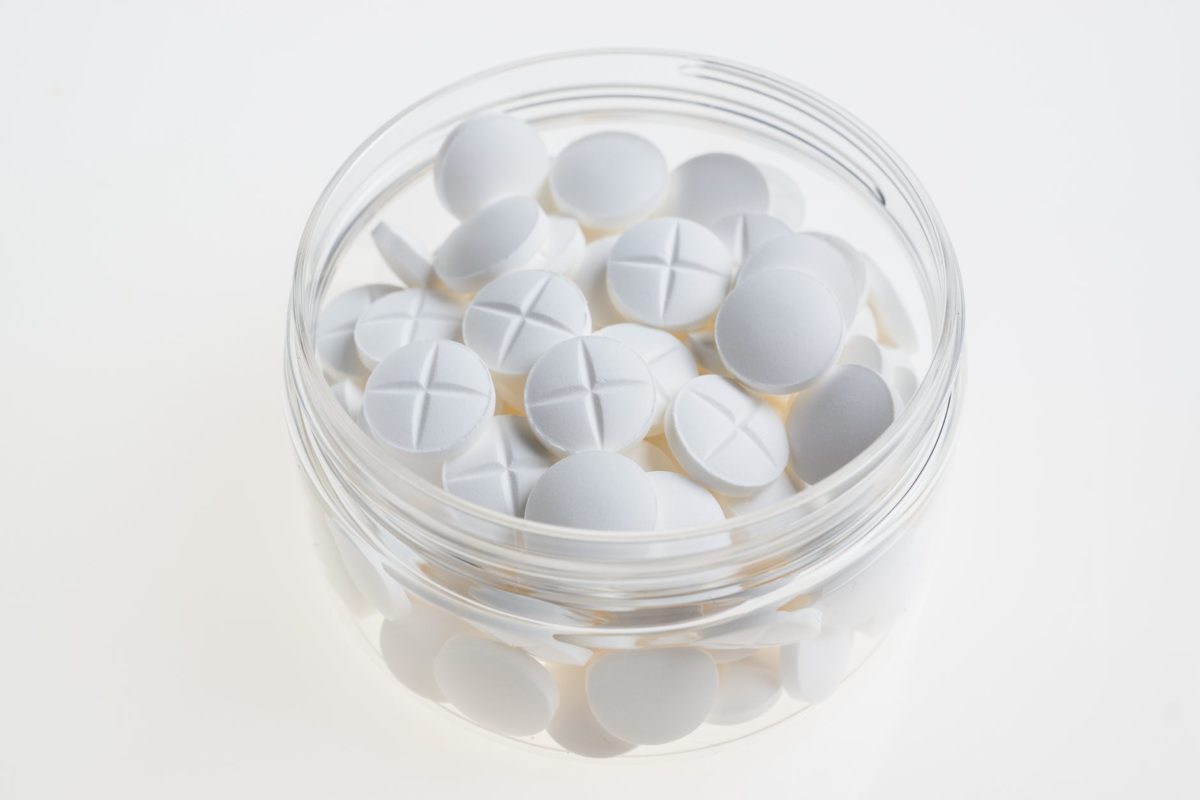
Jun 2019

Jun 2019

Jul 2019
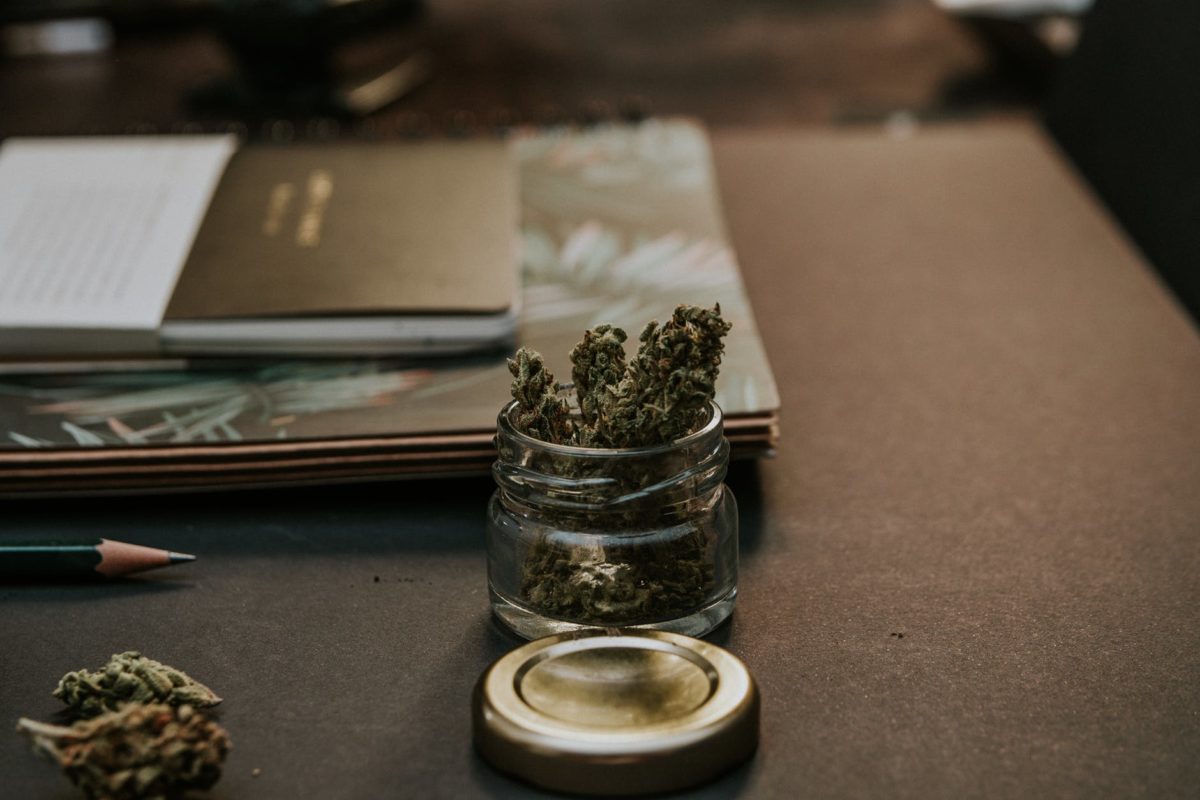
Jul 2019
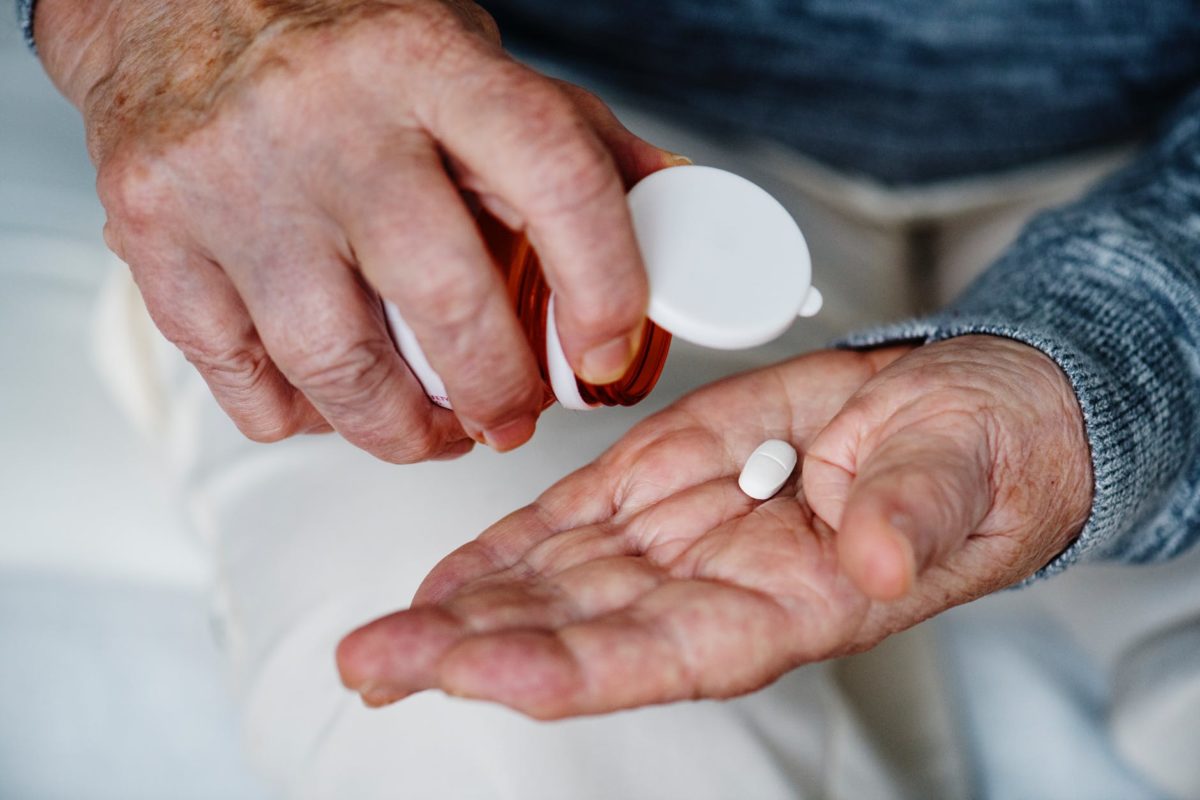
Jul 2019

Aug 2019

Sep 2019
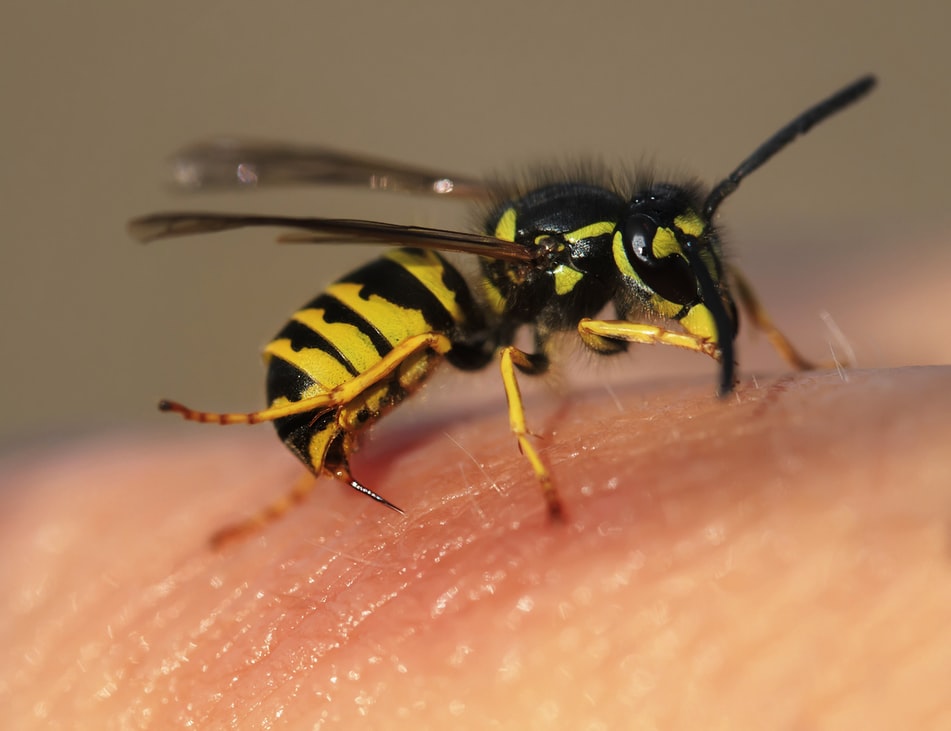
Oct 2019

Sep 2019
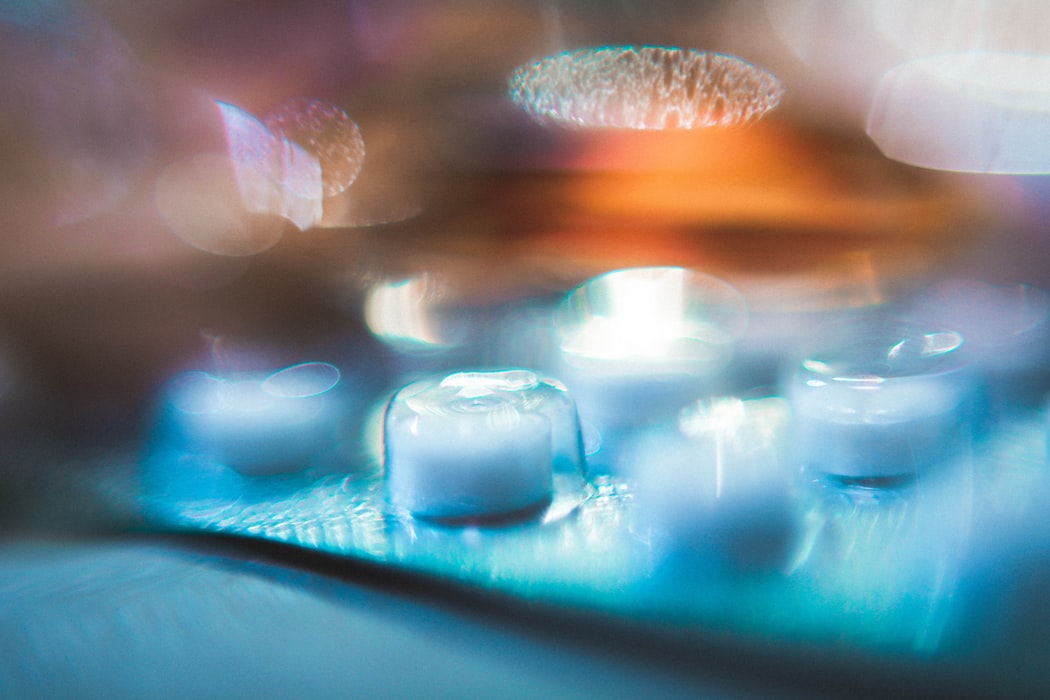
Sep 2019
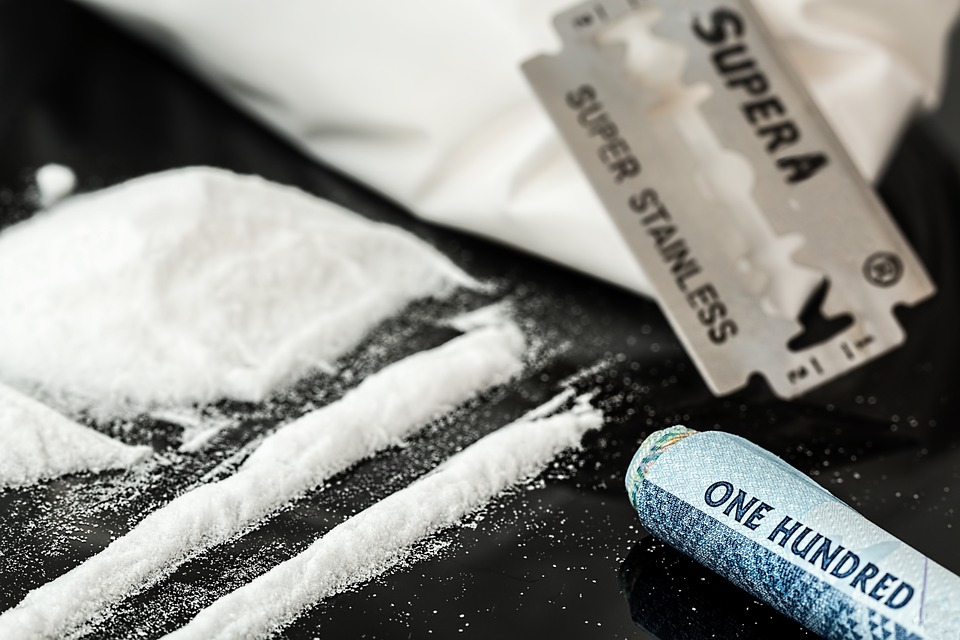
Oct 2019
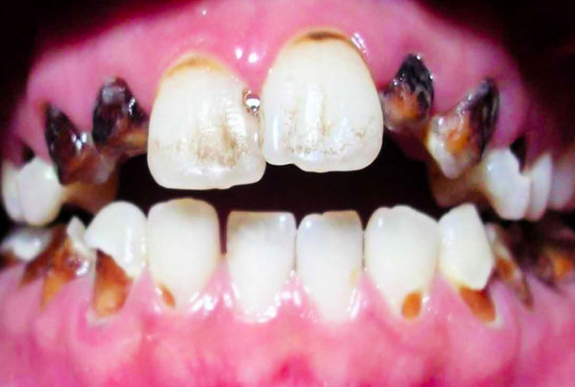
Nov 2019

Nov 2019
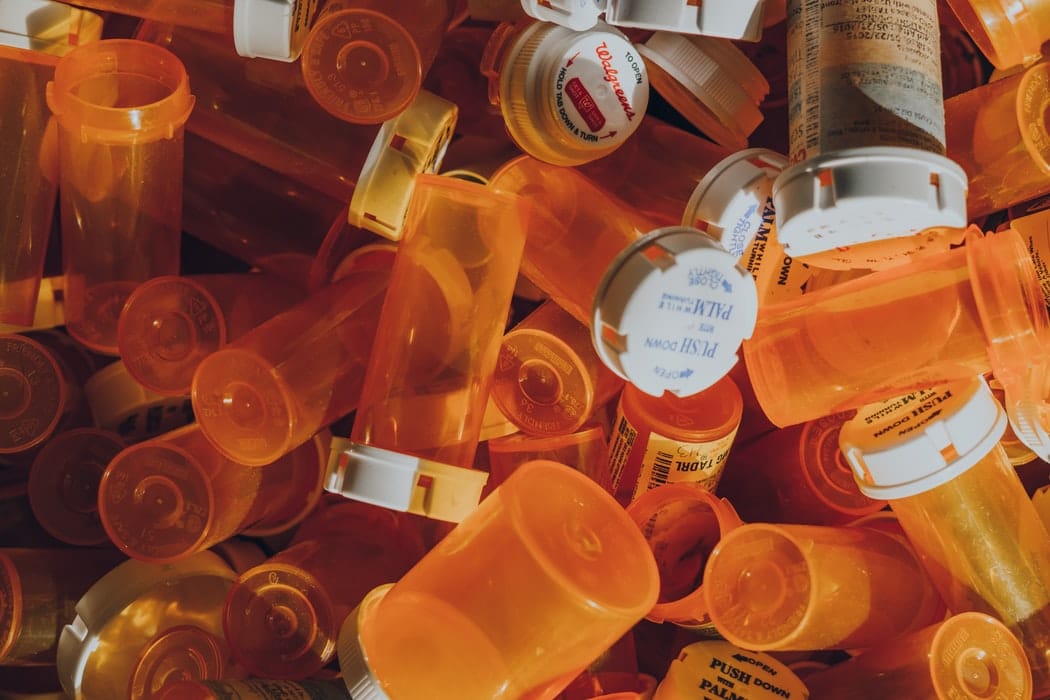
Nov 2019

Jan 2020

Jan 2020

Jan 2020
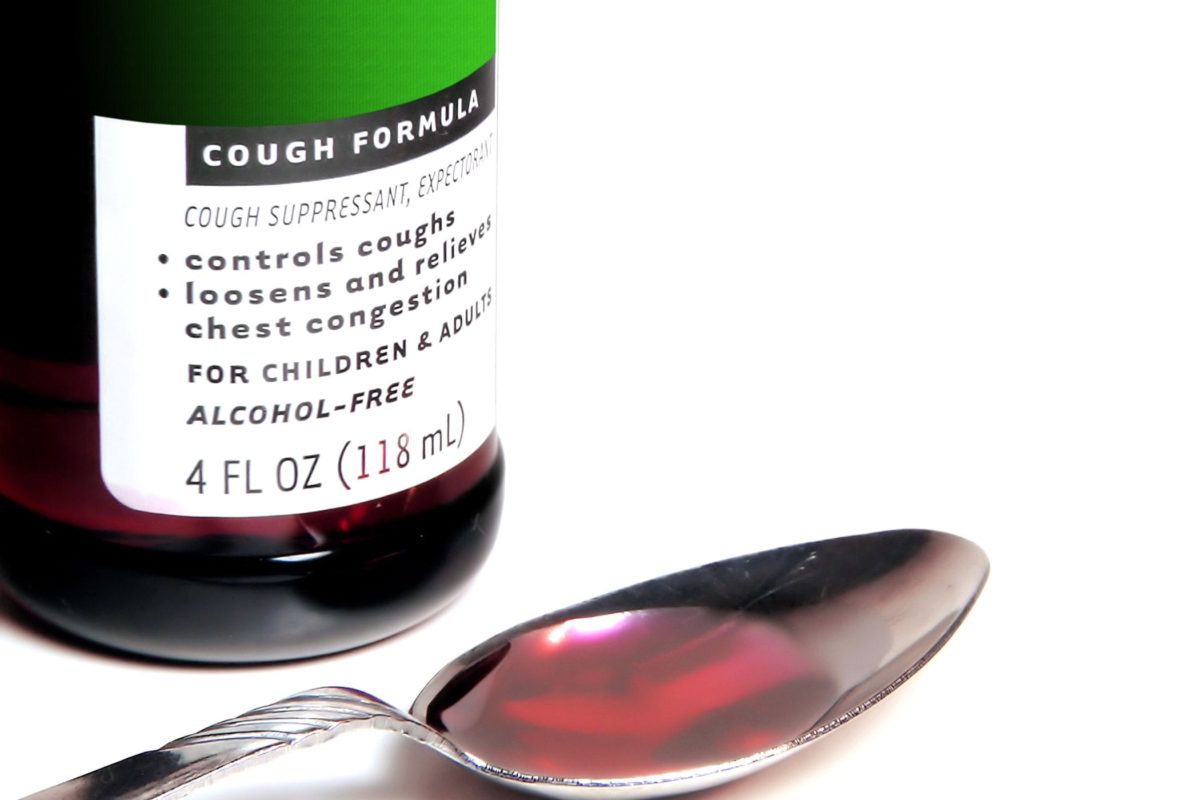
May 2019
I like this site so much, bookmarked. “Nostalgia isn’t what it used to be.” by Peter De Vries.
I have been surfing online more than 3 hours today, yet I never found any interesting article like yours. It is pretty worth enough for me. In my opinion, if all website owners and bloggers made good content as you did, the internet will be much more useful than ever before.
Hello, i think that i saw you visited my blog so i came to “return the favor”.I’m attempting to find things to enhance my site!I suppose its ok to use a few of your ideas!!
I have recently started a site, the info you provide on this site has helped me greatly. Thank you for all of your time & work.
I precisely wanted to say thanks again. I’m not certain what I might have made to happen without these smart ideas discussed by you concerning my topic. Entirely was a very frightful condition for me, but witnessing the very expert strategy you solved it took me to cry for joy. I am just happy for the service and in addition trust you know what a great job you are accomplishing educating some other people via your webpage. Most likely you haven’t come across any of us.
It’s a game. Five dollars is free. Try it It’s not an easy game
->-> 카지노사이트.COM
I was recommended this blog by my cousin. I’m not sure whether this post is written by him as nobody else know such detailed about my trouble. You are incredible! Thanks!